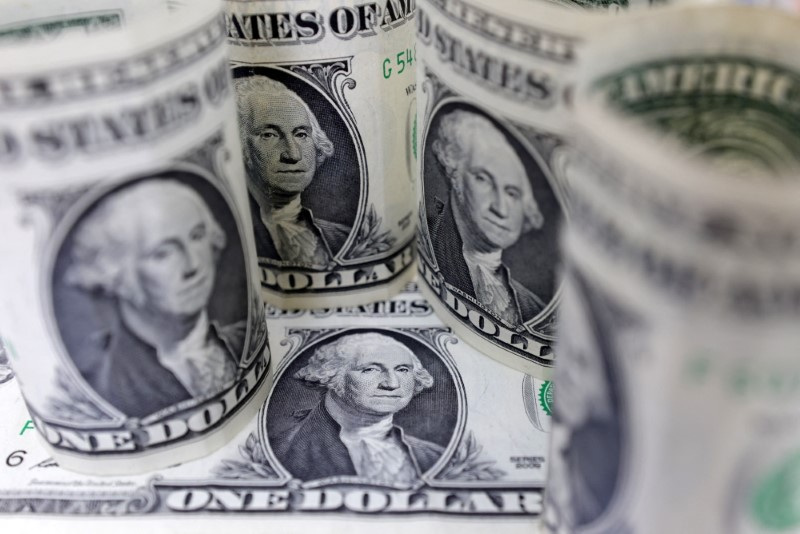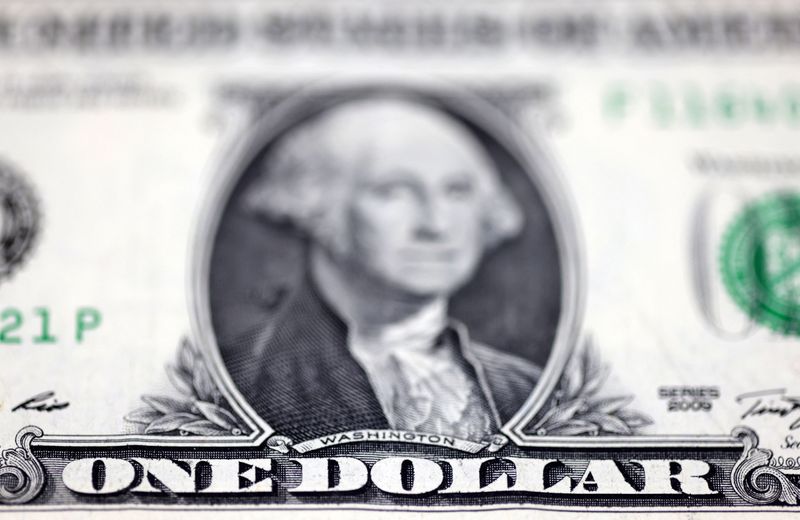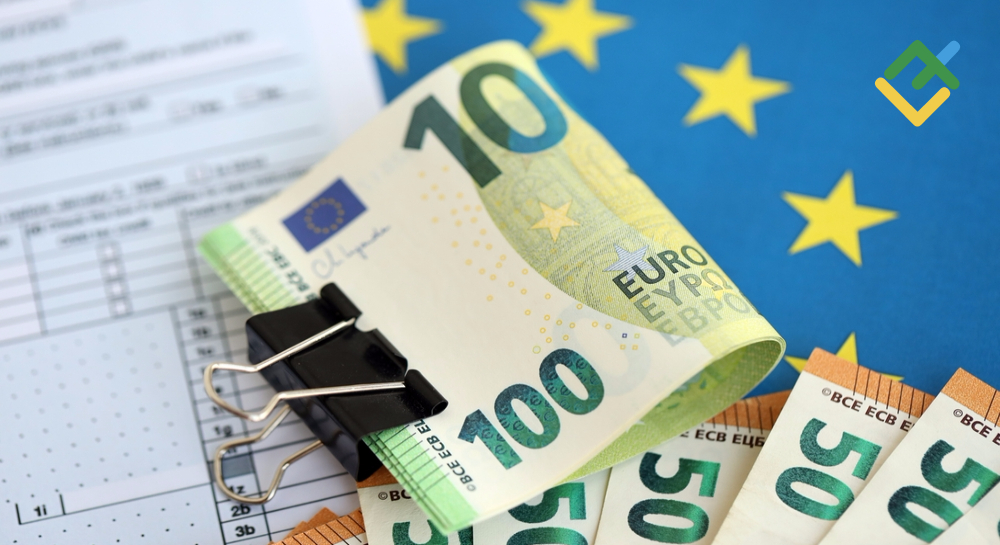
By Laura Matthews
NEW YORK (Reuters) -The dollar fell against the yen on Friday, and was softer against other peers as traders took profits and investors sifted through economic data to gauge the Federal Reserve’s appetite for interest-rate cuts.
Disappointing U.S. housing numbers also kept pressure on the greenback, helping it shed some of the lift it got a day earlier from data showing inflation trending down and consumer resilience.
U.S. single-family homebuilding fell in July as higher mortgage rates and house prices kept prospective buyers on the sidelines, suggesting the market remained depressed at the start of the third quarter.
The dollar fell 1.04% against the Japanese yen to 147.75, having touched a two-week high of 149.40 in the prior session. Still, the yen looked on course for its biggest weekly decline since June after U.S. economic data eased fears of a recession and supported bets of gradual rate cuts.
“The overall tone in the FX market today is best characterized as ‘corrective’. After a big rally on the strong U.S. consumer data yesterday, the U.S. dollar is giving back some of its gains as traders take profits ahead of the weekend,” said Matt Weller, head of market research at StoneX.
“The yen is the strongest major currency today – though still the weakest on the week – as traders rein in expectations for interest-rate cuts among other major central banks.”
Risk-sensitive currencies such as sterling were firm as the improved economic outlook spurred a rally in equities.
Data on Thursday showed the number of Americans filing new applications for unemployment benefits dropped to a one month-low last week while U.S. retail sales increased by the most in 1-1/2 years in July, dashing expectations that the Fed could cut interest rates by 50 basis points (bps) next month.
Odds for such a move is now 25.5%, according to the CME Group’s (NASDAQ:CME) FedWatch Tool.
The dollar index, which measures the greenback against six other major currencies, fell 0.48% to 102.54.
Traders are now looking to Fed Chairman Jerome Powell’s upcoming Jackson Hole speech, but Weller does not expect any pre-commitment to either a 25 bps or 50bps cut next month.
YEN STILL WEAK, POUND A BRIGHT SPOT
With losses of about 1%, the yen was on track for its biggest weekly drop in almost two months.
The currency surged to as strong as 141.675 yen per dollar on Aug. 5 as the Bank of Japan’s surprise rate hike, combined with the flare-up in U.S. recession worries, sparked an aggressive unwinding of yen-financed carry trades.
Some calm was restored after influential BOJ deputy governor Shinichi Uchida said the central bank would not hike rates when markets are volatile, and there are signs traders have been rebuilding short positions.
Official data shows plenty of flows are happening, and Japanese investors ploughed the most money into long-term overseas bonds in 12 weeks in the week to Aug. 10, while foreigners were net buyers of short-term Japanese debt after eight straight weeks of selling.
Overseas investors also snapped up about $3.5 billion in Japanese shares, reversing three consecutive weeks of net selling.
Sterling rose 0.6% to $1.2931 – its highest since July 25 – after data showed British retail sales edged up in July, boosted in part by extra spending during the men’s Euros soccer championship after an unusually cool and wet June had kept shoppers away.
The pound was on track for a 1.2% weekly rise, its best performance in more than a month.

The euro added 0.36% to $1.1012. The common currency touched its highest level since Jan. 3 earlier this week, helped by drop in the dollar after soft data.
“We would use any USD dips to add to longs heading into the fall,” said Daniel Tobon, head of G10 FX strategy at Citi Research. “We would be looking to sell EURUSD on rallies through 1.10, especially as growth momentum in Europe could be stalling and the EUR could be vulnerable into U.S. elections on tariff risks.”
This post is originally published on INVESTING.




